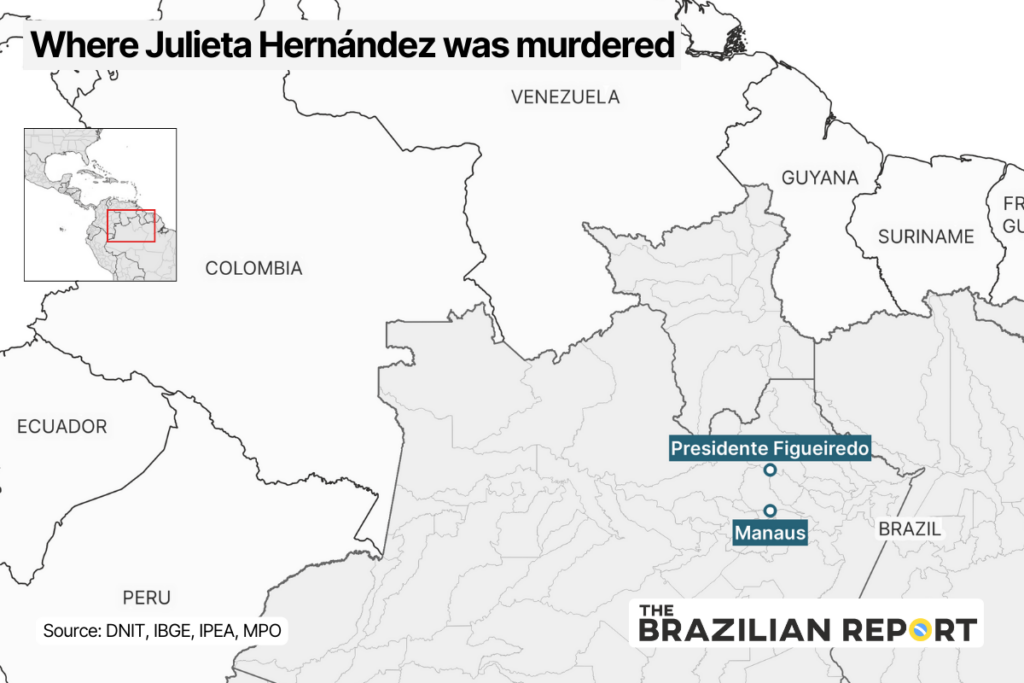Global unemployment is expected to rise slightly in 2024, according to the International Labor Organization (ILO). The United Nations agency on Wednesday published a report on trends for the coming year.
In the context of slowing economic growth post-pandemic, the number of unemployed people will increase by 2 million, raising the global unemployment rate from 5.1 percent in 2023 to 5.2 percent, the document states.
Latin America’s unemployment rate is expected to remain around 6 percent in 2024 and 2025. In 2023, the subregion recorded an unemployment rate of 6.2 percent — 1.8 percentage points above the pre-pandemic level of 2019. But the slowdown in the region’s economy is likely to prevent new gains in the coming years.
The labor force participation rate (the percentage of the population that is either working or actively looking for work) was 62.6 percent in 2023, down slightly from 63.5 percent in 2019. Nevertheless, the still-huge gender gap — which widened during the health crisis — has narrowed. Last year, the labor force participation rate for women was 51.1 percent, compared with 74.6 percent for men.
The youth unemployment rate in the subregion was in line with the global average of 13.3 percent and is likely to remain a cause for concern. It is expected to marginally increase into 2025.
One of the factors explaining these difficulties is the long-standing problem of low productivity growth in Latin American markets. In other reports, the ILO attributed this to the persistence of the informal sector, particularly in services and rural areas, among other factors.
“This is compounded by the dominance of micro and small enterprises, which typically have lower productivity growth (high-productivity economies typically have higher shares of large and middle-sized enterprises),” reads the 2024 report.
Problems related to structural issues such as the quality of education and training systems, regulatory regimes, infrastructure investment, and tax systems also help explain productivity shortfalls, the document says. Brazil recently approved a major tax overhaul seeking to simplify the system, as The Brazilian Report has shown.
In fact, Brazilians showed an average annual productivity growth of 0.1 percent between 2015 and 2023. This performance was better than that of the Latin America subregion as a whole (-0.5), but much lower than that of its Canadian (+0.4) and American (+1.0) neighbors in North America.


 Search
Search






































